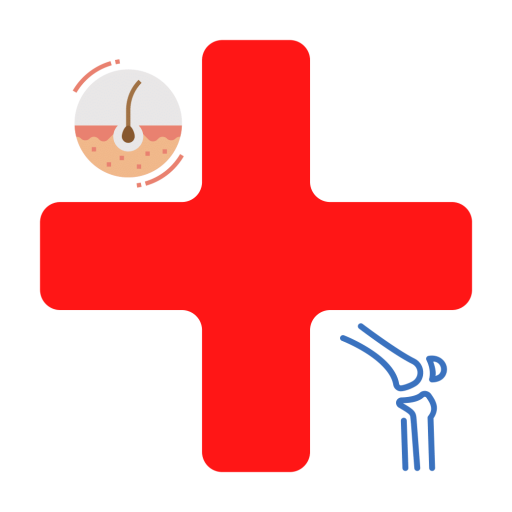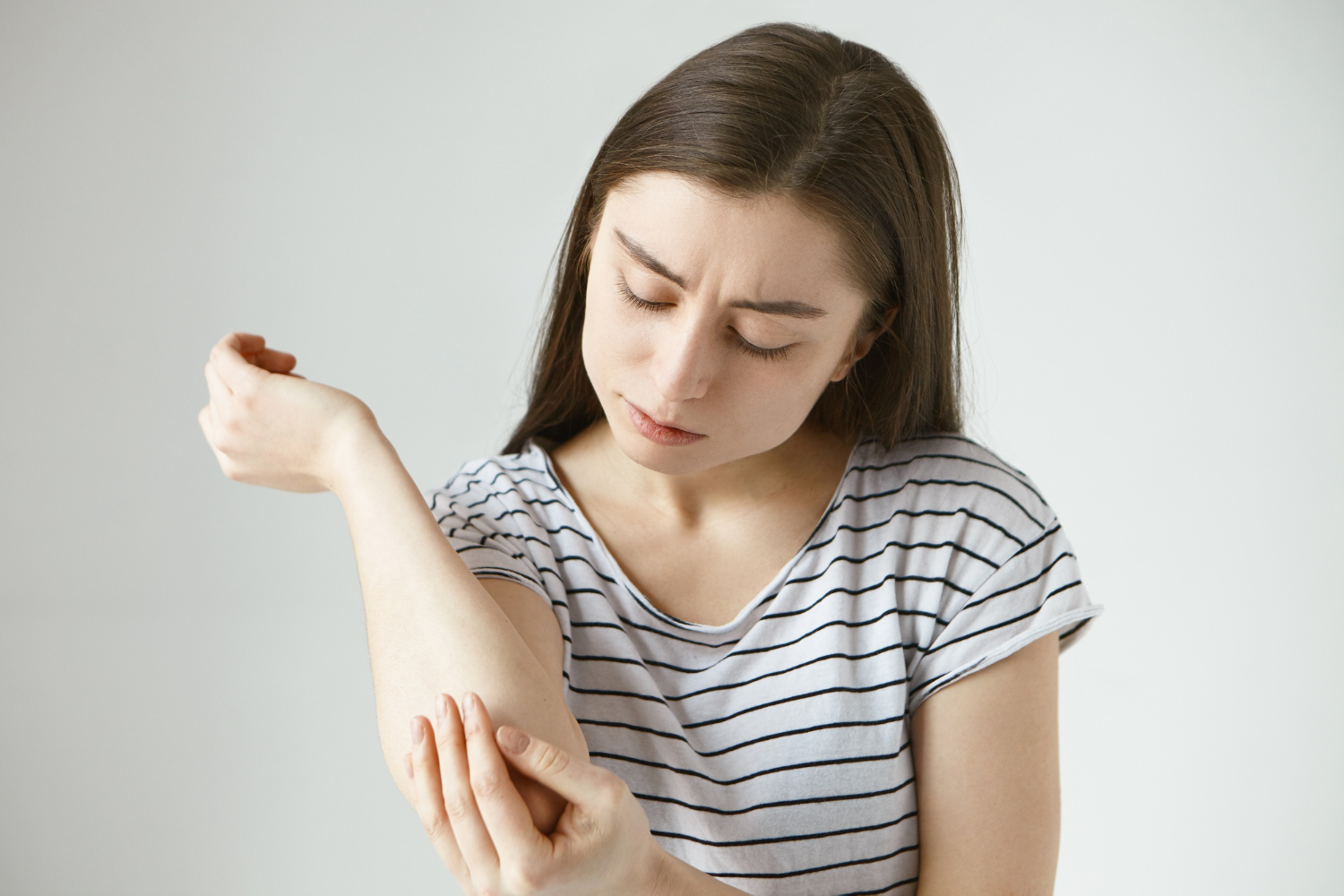Allergic Skin Diseases
Allergic Skin Diseases
A skin allergy is when skin becomes irritated because the immun system reacted to something that is usually harmless. This is called an allergic reaction. The most common allergic skin conditions are atopic dermatitis (eczema), allergic contact dermatitis (rash where allergen touched the skin), urticaria (hives), and angioedema (swelling). Hives and swelling often happen together, and may suggest a serious and life-threatening allergic reaction.
Symptoms
The symptoms of a skin allergy vary depending on the type of reaction
Eczema
Eczema causes an itchy, scaly, red, dry rash, especially on the face, hands, elbows, and knees. Sometimes eczema weeps clear
fluid as well.
Allergic contact dermatitis
Allergic contact dermatitis causes a rash that may be itchy but is often painful. The rash may have both raised bumps and blisters. The reaction may happen right away or it may be up to 48 hours after your skin was exposed to whatever is causing it to react.
Hives
Hives are raised, flat, itchy bumps that may also be tender. Hives are a sign of a potentially serious allergic reaction.
Angioedema
Angioedema is a type of swelling. For example, angioedema on the eyelid can cause your eye to be swollen shut. When it
happens in the throat, it is an emergency because the swelling makes it hard to breathe.

